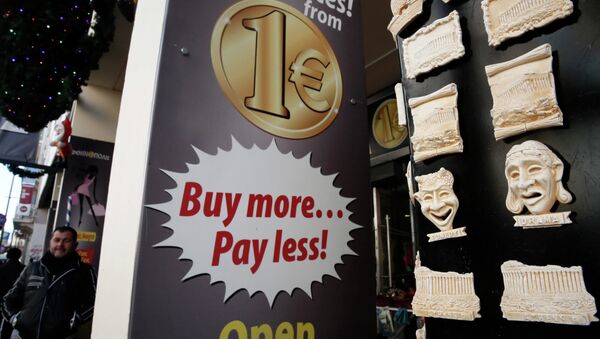As many as twenty European banks are seeking a pan-European payment system to effectively rival the commonly used Visa and Mastercard, as well as technology monopolists like Google and PayPal, EU banking and government officials confirmed at a conference organised by the banking magazine, Revue Banque, on Tuesday.
The brand new Pan-European Payment System Initiative (PEPSI) is aimed at managing all forms of non-cash payments, with Carlo Bovero, responsible for Global Cards at BNP Paribas, noting there have been discussions involving an extensive range of banks across Europe on the issue.
According to a French banking source cited by the Brussels Times, the initiative goes back to “positive injunctions” in 2017 from the European Central bank (BCE), which expressed concerns about the “sovereignty of payments”, going on to assert it would this “view favourably ” if the issue was looked into.
“PEPSI started out not as a technical initiative but a political one”, added the source, picking up on the still unrivalled dominance of Visa and Mastercard in Europe as well as the increasing leverage of Chinese payment systems also wishing to jump into the banking market.
According to Jerome Reboul, a senior French treasury official told the Revue Banque conference that "in the past two years opinions on the future of payments has changed considerably" across Europe.
Apart from US card companies, Europeans are also looking for an alternative to US and Chinese technology giants such as Google and Alipay.
Earlier, a board member of Deutsche Bundesbank, Germany’s central bank and one of the vital components of the European System of Central Banks urged EU states to come up with new payment systems that would be alternative to American ones.
Russia is among the countries that launched its own payment system – MIR - in April 2015, after Visa and Mastercard had denied services to some Russian banks in the wake of US-imposed sanctions.


